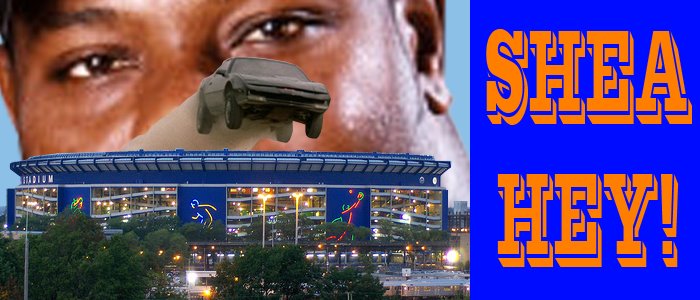


Two baseball G's passed recently. Dom "The Little Professor" DiMaggio and Jack "Lucky" Lohrke.
DiMaggio, besides strongly resembling "Steve" from Sex and the City, is a genuine Bosawk legend who suffered from playing in the shadow of his Yankee brother. Matter of fact, one of the records he still holds-longest hitting streak on the Red Sox-came to an end at the hands of Mr. Coffee.
He didn't sound too bitter about it tho, here's the Little Pro telling it to the NY Times:
First of all, when I hit in 34 games in a row, I was only doing my job. I played every game pretty much as I played any other game. I got my fair share of walks during the streak — I don’t think I chased bad pitches. I was a line-drive hitter. My job was to get on base and let the sluggers like Ted Williams drive me home. I wasn’t even aware of my streak until it was at 22 or 23 games, and I didn’t make a big deal of it.
On the day it ended, Aug. 9, we were playing the Yankees at Fenway Park. Our rivalry with the Yankees was great — every bit as emotional as it is now. The atmosphere was very thick whether we played at Fenway Park or Yankee Stadium. That afternoon we were in third place, six games behind the first-place Yankees, but playing great. We were just entering the pennant race. These were big games.
But when you feel pressure, you do not perform. The first thing you’ve got to do is be completely relaxed. And that’s the way I was. On that day against the Yankees, I felt good. I hit one solid shot to the third baseman that was turned into an out. I got out another couple of times. I was 0 for 4 when I got to the plate in the eighth inning against Vic Raschi, who was a darn good pitcher.
I smacked a line drive right up the middle so hard that it passed Raschi’s ear! He ducked to get out of the way of it! As soon as I hit it, I said, “O.K., that’s 35.” But that ball wouldn’t drop. The ball refused to drop. Joe is standing out there in center field, and he didn’t have to move. He said it himself later — if he hadn’t caught the ball, it would have hit him right between the eyes. So there was no effort on his part. It wasn’t a great play by him, like they’re still saying today. I just hit the ball too damn hard!
But the streak was over, and I didn’t mind that much. (After all, we’d won the game, 6-3.) And hitting streaks didn’t matter to me, even when I hit in another 27 straight in 1951. It’s just a statistic. And the only statistic that really matters to me is hitting .300. I did it four times in my 10 full seasons in the major leagues, and finished with a .298 average lifetime. My only regret is not hitting .300.
It would have meant so much. Enos Slaughter hit exactly .300 in his career — and he’s in the Hall of Fame. Why? Did he hustle any more than I did? Did he have a better arm than I did? Did he run the bases any better than I did? Did he play defense as well as I did? Who knows? All I needed was 12 more hits — only about one per season — and I would have had a .300 average.
But that’s O.K. As I said, I was a leadoff man. I think one of the finest compliments paid to me was from my own teammate, Bobby Doerr. He said to me on more than one occasion, “Dommy, if you had been batting fifth or sixth in the lineup, I am positive you would drive in 100 runs a year.” That to me was the ultimate compliment. Just like the streak, I did what my job called for.-----
Jack "Lucky" Lohrke had a short career, mostly with the New York Giants. As for that nickname? "He didn't really like that nickname," his son said. "It reminded him of too many things."
What things? From his AP obit:
Mr. Lohrke served in the Army during World War II and fought in the D-day invasion at Normandy and later in the Battle of the Bulge. He recounted how four soldiers, two on each side of him, were killed in combat.
In 1945, Mr. Lohrke was leaving the service when he prepared to board a military transport for the trip home to California. Shortly before takeoff, he was bumped from the flight by a higher-ranking officer. The plane crashed, and all passengers were killed.
In 1946, Mr. Lohrke and his minor league teammates on the Spokane Indians boarded a bus for a ride across the state of Washington. During a lunch stop, Mr. Lohrke got word that he'd been promoted to Triple-A San Diego, took his gear, and hitchhiked home.
That night, the bus careened off a rain-slicked pass through the Cascades mountain range and plummeted into a valley, killing nine players. It remains the most deadly crash involving an American professional baseball team.
By the time he reached the majors, Mr. Lohrke was "Lucky."



